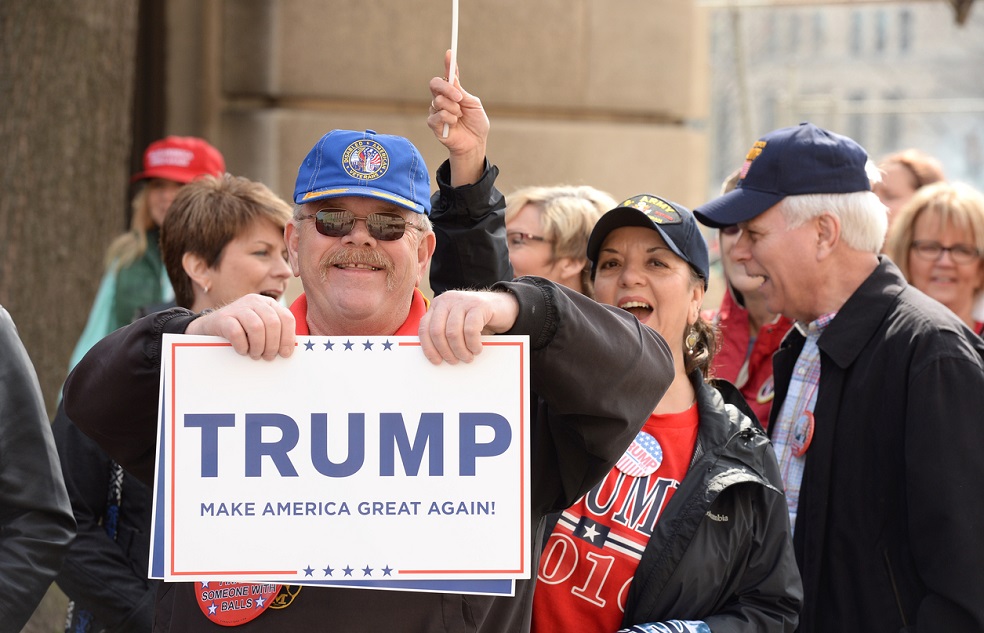Ahead of the 2016 Presidential election, a series of studies focusing on candidate credibility and voter opinion were conducted to see what voters thought of what the presidential hopefuls were saying.
The study showed some unusual results when it came to the voters and helps explain some of the forces that swept a certain divisive billionaire to power.
The research found that, if information was attributed to Donald Trump, Republican Trump supporters believed it more than if it was presented without attribution. The opposite case was found to be true for Democrats.
The research was led by Briony Swire, a PhD student at UWA and MIT.
The problem with corrections
Study author Professor Stephan Lewandowsky, from UWA and the University of Bristol, says the research set out to see whether people were sensitive to corrections of things said by Donald Trump during the primary campaign.
“We thought that maybe what would happen is that people who were supporters of Donald Trump would not be sensitive to a correction,” he says.
“In actual fact, both supporters and opponents of Donald Trump were sensitive to the corrections, and they were sensitive to affirmations of true statements.”
However, although Trump supporters reduced their belief in misinformation if it was corrected, the lies did not change their voting preferences.
“There was absolutely no association between the extent to which people changed their mind in response to what we said and their feelings about Donald Trump or their intentions to vote for him,” Stephan says.
“In other words, correcting the information basically made no difference [for Trump supporters].”
The end of truth?
Stephan says he suspects that people didn’t feel lied to by Donald Trump.
“I suspect that his supporters are not concerned about his statements and whether he’s truthful or not,” he says.
“I think they’re more concerned about the way he resonates with their own feelings emotionally, and against that background, I think facts just don’t matter.”
Trump was often accused of reinforcing people’s existing prejudices with statements he made during the campaign. But Stephan believes it goes beyond that.
“I think that we’re now confronting a situation where facts overall have just sort of lost their relevance in public discourse,” he says.
“It has just become commonplace for people to create their own realities.”
‘Alternative facts’ appear to have become totally acceptable for a large number of people, Stephan says.
“They say, ‘Well, I don’t care what you tell me, I look at it this way, I’m entitled to my opinion and therefore I’m also entitled to my own facts’,” he says.
“I personally think that is deeply problematic for a democracy.”
Where it all began—weapons of mass destruction
While troubling, Stephan says it’s important to recognise that this rejection of facts isn’t entirely new.
He pinpoints the idea there were weapons of mass destruction in Iraq in the lead-up to the 2003 invasion as the first time this happened so blatantly. This was an idea later shown to be untrue.
Stephan says more than a third of Americans believed there had been weapons of mass destruction even after the war was over.
He says surveys as recently as 2010 showed two-thirds of Republicans and 10% of Democrats continued to believe in their existence.








